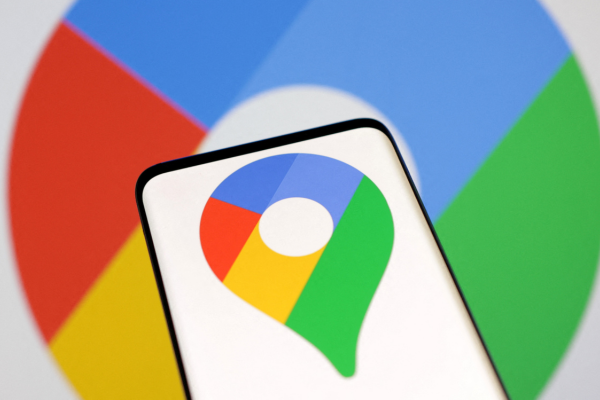Podcast: Be More Pirate – the book breaking all the rules

Can 17th century pirates teach us new ways to approach business in the twenty-first century? This Business Reporter podcast investigates.
Sam Conniff Allende, author of Be More Pirate, wants everyone to become a pirate. Not the swashbuckling variety with a parrot and a peg leg, however, but a pirate in the sense of someone who challenges the status quo to rewrite the rules – although unlike the bloodthirsty buccaneers of the Spanish Main, not for gold and plunder but for the greater good.
Voted FT business book of the month, Allende’s book defines this new-age pirate as someone who dares to defy the rigid structures of society and reinvent the way companies do things.
Conniff Allende sees Bitcoin and blockchain as good examples of how this can work. “In bitcoin, you see an example of the kind of rebellion [through blockchain],” says Conniff Allende, who is also founder of youth-led creative network Livity. “The promise of blockchain is inherently rebellious. [It is a] framework for doing things completely differently.”
Conniff Allende draws a comparison between peoples’ attitudes to pirates in the 17th century and bitcoin today, with people viewing both as a potential threat to the status quo, but one that has a certain allure. They are asking the same type of questions about the cryptocurrency, he says. “Is it a threat? Is it dark and out to get us, or is it really exciting and promises immense and inordinate wealth?”
According to Conniff Allende, much as pirates did, blockchain is rewriting the rules of commerce by getting rid of the middle man. “The middle man deserves to be removed,” says Conniff Allende. “If you dig right into bitcoin technology, within the genesis block on the blockchain, you find encoded on the very first block, the front page of The Times 2009 announcing the bailout of the banks.
“It has already disrupted industry – the chances are it is going to continue to disrupt industry. And of course, it is purposeful rebellion.”
Podcast music AcidJazz by Kevin MacLeod, Free Music Archive, (CC BY 3.0)

Business Reporter Team
Most Viewed
Winston House, 3rd Floor, Units 306-309, 2-4 Dollis Park, London, N3 1HF
23-29 Hendon Lane, London, N3 1RT
020 8349 4363
© 2024, Lyonsdown Limited. Business Reporter® is a registered trademark of Lyonsdown Ltd. VAT registration number: 830519543
We use cookies so we can provide you with the best online experience. By continuing to browse this site you are agreeing to our use of cookies. Click on the banner to find out more.





